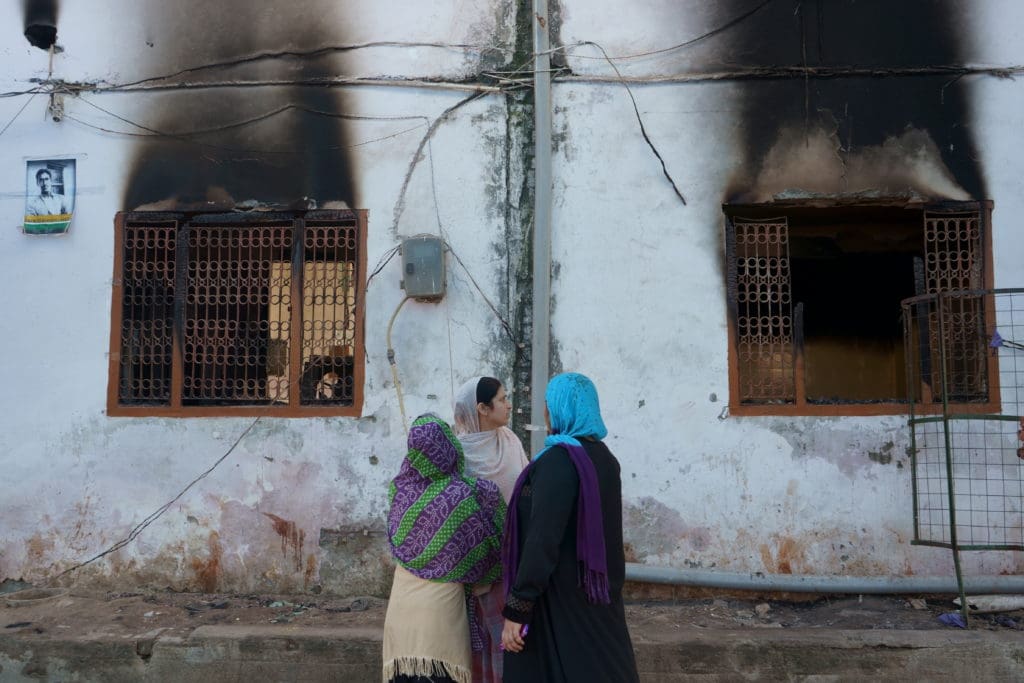Mohammad Akhlaq’s lynching in 2015 set the precedent for a slew of incidents of mob vigilantism in the Modi decade. As the BJP once again sets a communal narrative around elections, locals voice disenchantment over urban-rural wedge in development.

Dadri: Almost nine years after Mohammad Akhlaq was lynched in Bisada village in Uttar Pradesh’s Dadri over allegations of slaughtering a calf and storing its meat in his fridge, his family home lay abandoned with its front door left ajar. An upturned cot, a mud pot and some construction material lay scattered inside.
The Rajput dominated village, located about 60 kms from Delhi, is a part of the national capital region (NCR) but unlike the glittering high rise building complexes and long flyovers in Noida, vikas (development) remains elusive in this village that falls under the Gautam Buddha Nagar Lok Sabha constituency. As the Bharatiya Janata Party (BJP) pitches a communal narrative in its election campaign, Akhlaq’s murder and religious polarisation finds no mention as locals rally against the sitting BJP MP Mahesh Sharma who is seeking a third consecutive term from the constituency that has been with the saffron party for the last decade.
“This time no one in the village will be voting for BJP because MP Mahesh Sharma has done nothing in the last 10 years. The biggest issues are unemployment, roads and vikas. Kehne ko toh hum NCR mein hai but vikas yaha se 50kms dur hai (we are technically a part of NCR but development is 50 kms away),” said Brajesh Sisodia, who runs a stationary shop in the village.
This story was originally published in thewire.in. Read the full story here.





